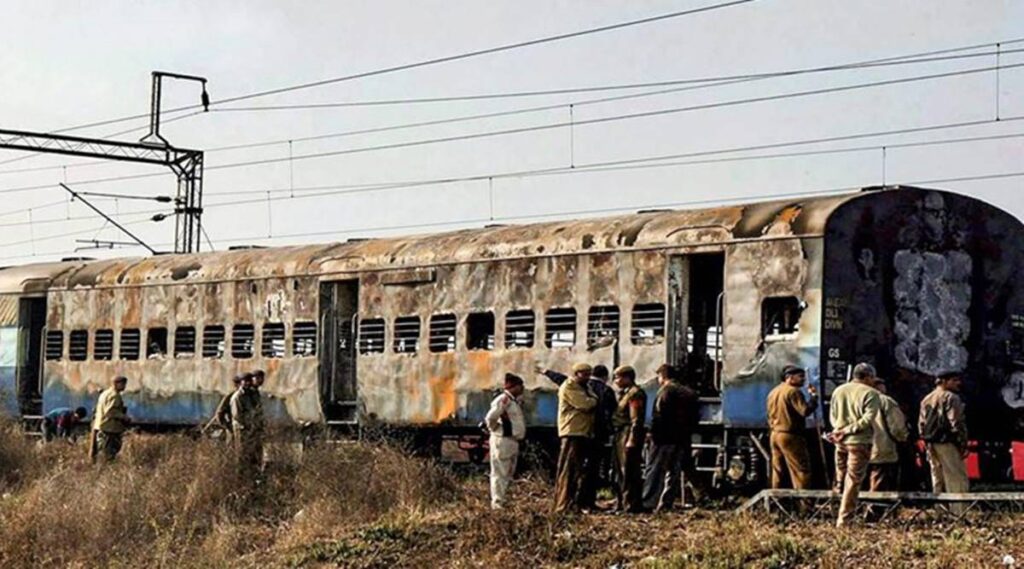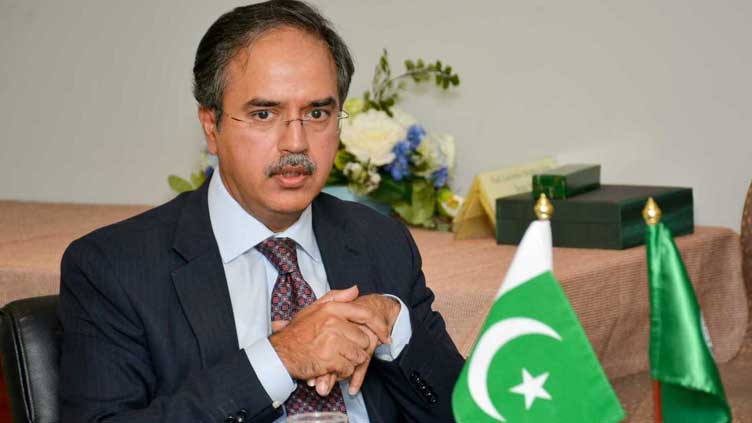Only the political considerations of the members of the Financial Action Task Force (FATF) can keep Pakistan from being removed from its “grey list,” according to Pakistan’s Foreign Office statement on Friday.
Foreign Office spokesperson Asim Iftikhar remarked that “in the framework of FATF, we have meticulously complied with all technical standards and expect that the decision will be in a good direction”.
“However,” he added, “there are concerns about politicisation by some nations, which remains a problem.” Pakistan is a “responsible country” and does not publicly comment on FATF’s processes.
Workgroup and plenary sessions of the FATF will take place from February 21 to March 4 in Paris. The watchdog examines the progress achieved by the nations on its grey and black lists during the plenary session and updates them accordingly.
A grey-list status, also known as heightened surveillance by the Financial Action Task Force, has been in effect since June of this year. Pakistan has been on this list since then. Because of this, its success in the fight against money laundering and terrorist funding has been monitored constantly.
Although the watchdog has acknowledged the country’s progress in combating illicit financing in successive inspections, it has kept it on the grey list. It was done to keep up the pressure on Islamabad to complete the implementation of its action plan with the FATF to address the strategic deficiencies in anti-money laundering and counter-terrorism funding regimes
Pakistan had completed 26 of the 27 initial actions on the action plan at the time of the FATF’s last plenary in October of last year. However, in June, the Financial Action Task Force (FATF) gave Pakistan an extra seven-item action plan aimed at combating money laundering.
As a result, there are 34 things in Pakistan’s two action plans, 30 of which were completed by the end of October.
The Asia-Pacific Group on Money Laundering presented its latest report on Feb. 1 to the next FATF plenary, which will decide based on that report.
It had been emphasised to Pakistan that terrorism finance investigations and prosecutions should target senior leaders and commanders of UN-designated terrorist organisations following the plenary held in October. In addition, it was requested that Islamabad strengthen its anti-money laundering system, to overcome “severe shortcomings.”
The government is taking all “required actions” to combat the terrorist threat from across the border and its supporters, mainly India, Mr Iftikhar said when asked about recent terrorist incidents in Balochistan.
According to him, “there is a long history of terrorists gaining help from abroad, and we are well aware of it, and we will take all necessary actions to bring this cross-border terrorism to a halt”.
He stated Islamabad was working with the Taliban on this matter.
“It was part of the continued exceedingly productive communication and engagement of Pakistan with Iran,” he said of Iranian Interior Minister Ahmad Vahidi’s visit earlier this week. In his speech, he called Iran a “close ally and partner”.
He also called on India to avoid using terrorism as an instrument of state policy in his remarks regarding this year’s 15th anniversary of the Samjhauta Express train bombing. The incident resulted in the deaths of 68 people, including 44 Pakistanis.

Indian courts had acquitted the suspects, including Swami Aseemanand, who had openly confessed to being the architect of the terrorist attack, through a shady investigation procedure.
An Indian government spokeswoman claimed that “India’s continuous inability to give justice to the victims of this heinous terror assault is a reconfirmation of a culture of impunity that terrorists enjoy in India.” “India now is rife with injustice, inequity, and shameless state-sponsored terrorism,” he added.
Pakistan summoned India’s chargé d’affaires to the Foreign Office to protest India’s failure to prosecute the terrorists responsible for the assault.
An ambassador from India was warned by Mr Iftikhar that the extremist Hindutva ideology and ‘saffron terror’ that drove the barbaric attack 15 years ago had escalated tremendously under India’s present government.
FO’s official statement on Samjhauta Express Train: “The government of India is advised to put an end to state patronage of terrorism and bring to trial the terrorists behind the Samjhauta Express blasts. Pakistan also calls upon India to renounce the use of terrorism as an instrument of state policy, and faithfully comply with its obligations under the international legal regime governing terrorism.”


